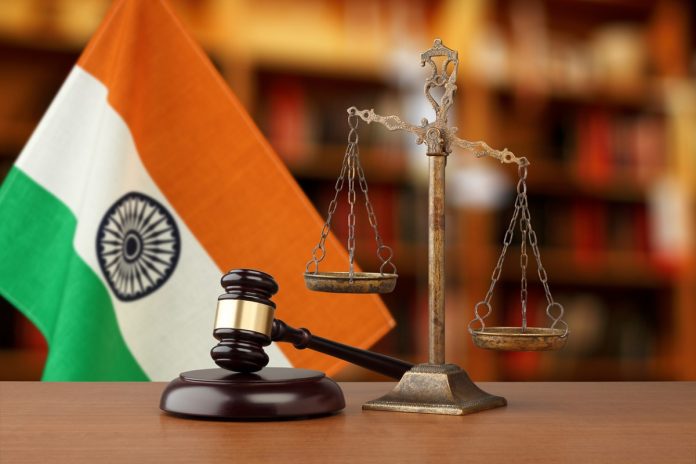This article has been written by Team LawSikho.
Table of Contents
Delhi State Judiciary 2020-21
Law Graduates who wish to become members of subordinate judiciary should write the entry-level exam which is the Judiciary exam or the PCS (J)-Provincial Civil Service-Judicial Examination.
This exam is uniformly divided into 3 stages of Preliminary, Mains and Interview, across all States in India.
The State government under the supervision of respective High Courts appoints members of the subordinate judiciary.
Selection process is further dependent on yearly vacancies/number of seats.
Judicial services offer several attractive features which include handsome perks and privileges inuding among others- rent-free accommodation, fuel allowances, subsidized electricity and water supplies, telephone allowances, and bursaries for children’s education.
Eligibility
In order to apply for the Delhi Judicial Service Exam, candidates need to fulfil the following eligibility requirements:
– Citizenship of India
– Age Limit: Candidates must be below 32 years of age
– Educational Qualification: Candidates qualified to be admitted as Advocates under Advocates Act, 1961 OR candidates currently practising as Advocates in India
Delhi Judicial Service Exam Pattern
Phase I Prelims
|
Mode of Exam |
Subject |
No. of questions |
Negative Marking |
|
Objective |
General Knowledge and Law |
200 |
0.25 marks will be deducted for each wrong answer |
Syllabus:-
- Aptitude
- General Knowledge
- Candidates Power of expression
- English
- Code of Civil Procedure
- Code of Criminal Procedure
- Indian Penal Code
- Contract Act
- Partnership Act
- Principles Governing Arbitration Law
- Specific Relief and Limitation Act
- Evidence act
Phase II Main Exam
|
SECTION |
SUBJECT |
MAXIMUM MARKS |
|
I |
GK & LANGUAGE |
250 |
|
II |
CIVIL LAW – I |
200 |
|
III |
CIVIL LAW – II |
200 |
|
IV |
CRIMINAL LAW |
200 |
Syllabus:-
In the Mains exam, questions are asked in Descriptive mode from four sections – General Knowledge & Language, Civil Law I, Civil Law-II and Criminal Law. Have a look at syllabus:
|
SECTIONS |
SYLLABUS |
|
SECTION I GK & LANGUAGE |
|
|
SECTION II CIVIL LAW – I |
|
|
SECTION III CIVIL LAW – II |
|
|
SECTION IV CRIMINAL LAW |
|
Phase III
Viva Voce
Candidates qualifying the Main Exam will be called for Viva-Voce Round, which will carry 150 marks. Depending upon the combined score, candidates will be shortlisted for Judicial Posts. Candidates need to get at least 50% marks in this round to qualify for the shortlisting process.
If you are interested in creating a foolproof strategy for your judiciary preparation, sign up for a judiciary preparation workshop that we are conducting on 14th December for more insights.
For more insights and updates about the judiciary exam, join our Whatsapp group here.
Source
http://delhihighcourt.nic.in/generalnotices.asp
LawSikho has created a telegram group for exchanging legal knowledge, referrals and various opportunities. You can click on this link and join:
 Serato DJ Crack 2025Serato DJ PRO Crack
Serato DJ Crack 2025Serato DJ PRO Crack











 Allow notifications
Allow notifications


